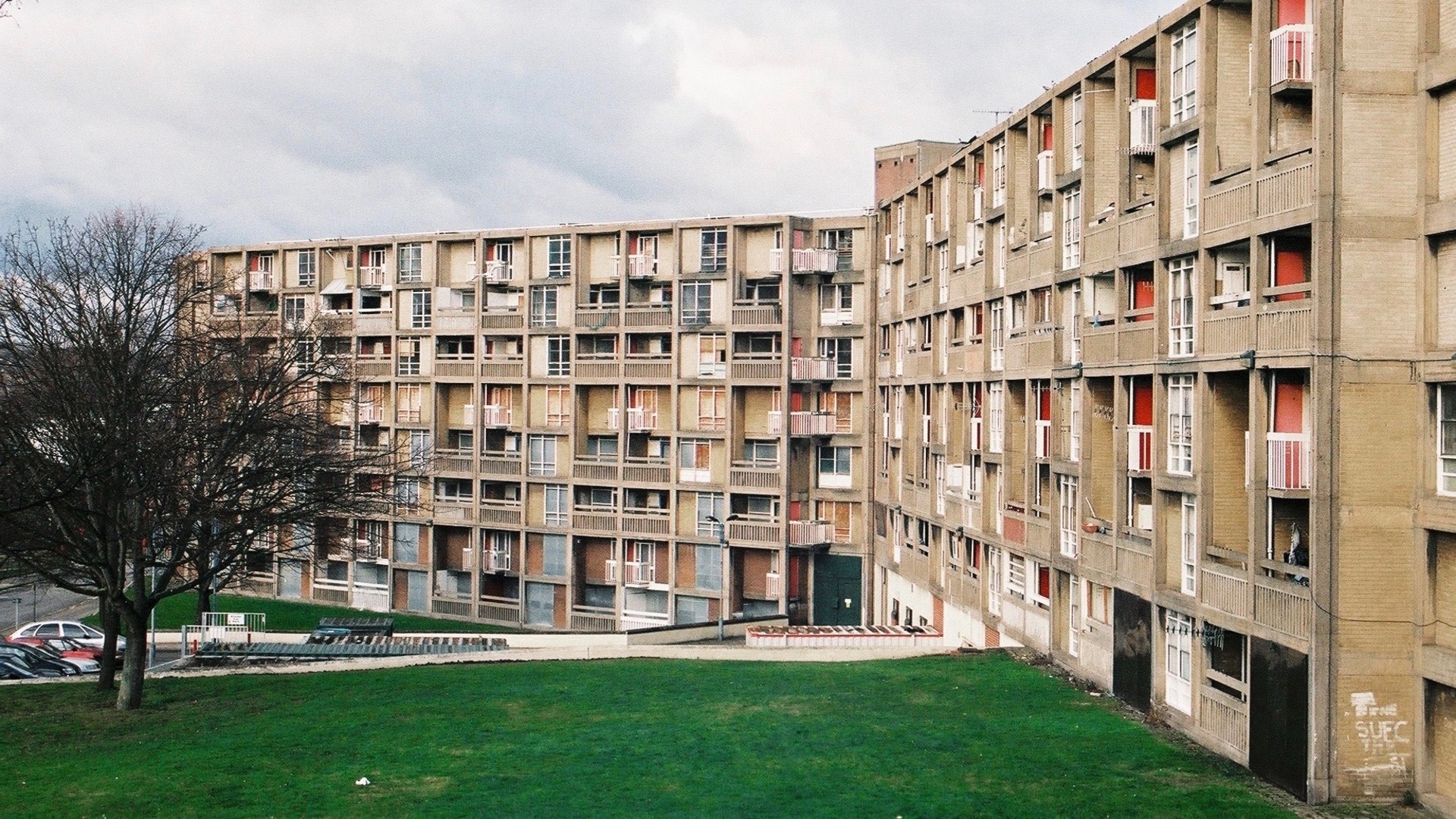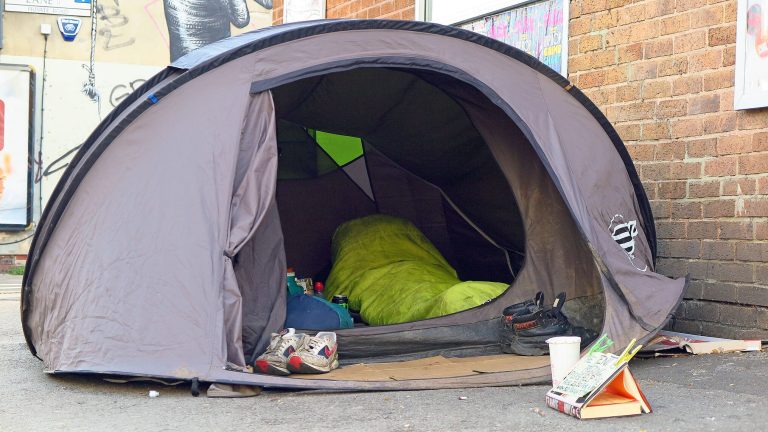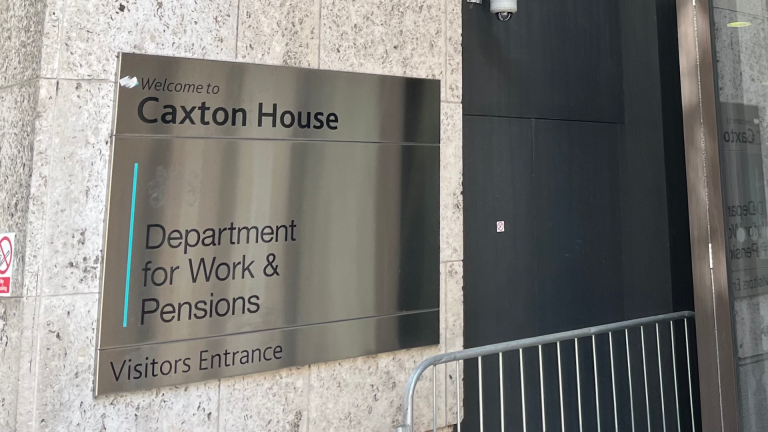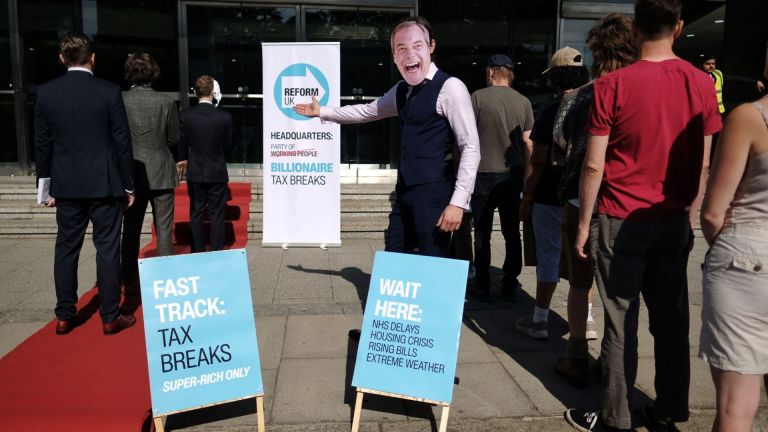Set to examine the experiences of diverse groups across the UK, the expert advisory panel will report in summer next year. It will be led by former civil service permanent secretary Clare Moriarty and will include University College London professor of epidemiology Sir Michael Marmot, Carnegie UK Trust CEO Sarah Davidson and Lord Victor Adebowale, non-executive director of Nuffield Health.
The inquiry will focus on the most affected communities to ensure that “no one is left behind when it comes to developing national recovery policies,” Bibby added.
Disabled people are also being hit particularly hard by high Covid-19 death rates, the Health Foundation said, at two to three times more deaths than non-disabled people.
And Ipsos MORI polling previously found that those from a black and minority ethnic background were finding it particularly difficult to make ends meet during the pandemic, with 43 per cent reporting that their income had taken a hit since March compared to 35 per cent overall.
Inquiry chair and former senior civil servant Clare Moriarty emphasised that it is not the virus alone that has affected the health of the nation, but also the measures introduced in response.
She said: “People have lost jobs and income, seen medical treatment cancelled and been asked to stay indoors for weeks on end. Children and young people have missed out on their education and opportunities to build social lives. Across the country, people’s health and mental wellbeing has been affected and, as this research shows, the pandemic is intensifying and amplifying existing health inequalities.
“The Covid-19 Impact Inquiry aims to join up all these different issues to build a bigger picture of the impact the pandemic has had on our communities across the UK. We believe the findings will provide Government with a solid evidence base to inform their recovery policies and tackle these very big issues of inequality to ensure that everyone’s health and wellbeing is protected in the long term.”
Earlier this year, a Public Health England report revealed that Covid-19 deaths in deprived areas during lockdown were more than double those in the wealthiest areas, and higher in BAME people than among white ethnic groups.
The findings demonstrated that the worst-off people were more likely to be exposed to the virus, and that existing inequality – resulting in poor health – put them at a greater risk of severe symptoms.
This exposed the “structural disadvantage and discrimination” faced by BAME people, the Health Foundation said in response, pointing out that they are more likely to work in a key sector like health and social care or food production.










